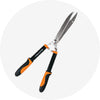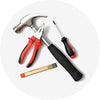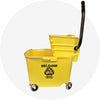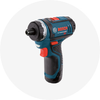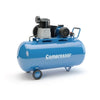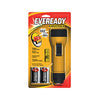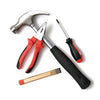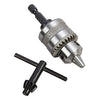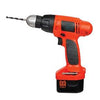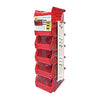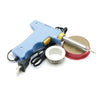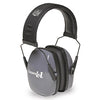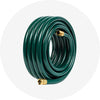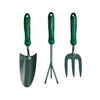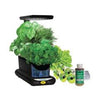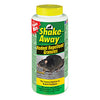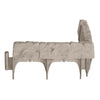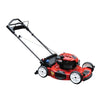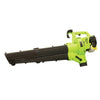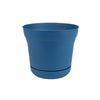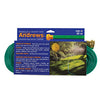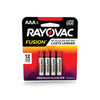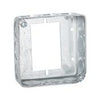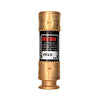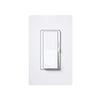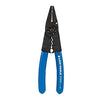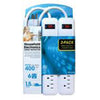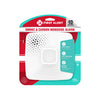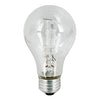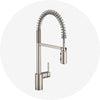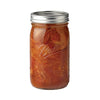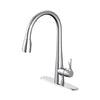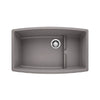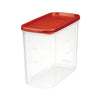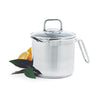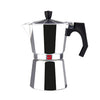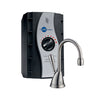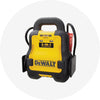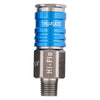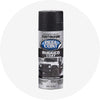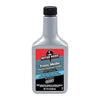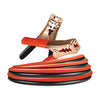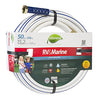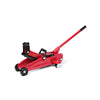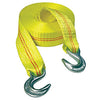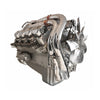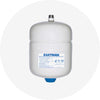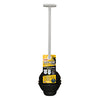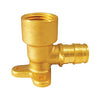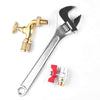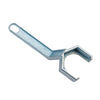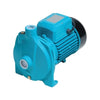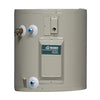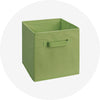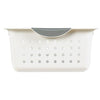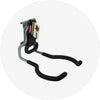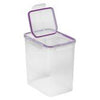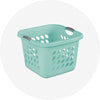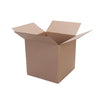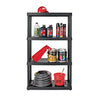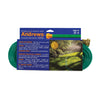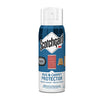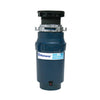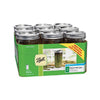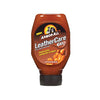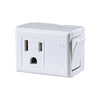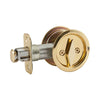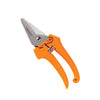How To Prepare Your Home for Severe Weather
∙ min read
Different types of severe weather can occur year-round. Therefore, depending on where you live, you may be at risk of more than one type of extreme weather at different times of the year. While you cannot prevent natural disasters nor lessen their strength, you can learn which are most likely to occur in the area where you live; this helps you prepare for severe weather ahead of time so that you are not affected negatively.
Here are several types of natural disasters that are common in the United States and tips on how to prepare your home for severe weather.

Hurricane
A hurricane is a tropical storm that forms over warm ocean waters and often turns toward land. As the system moves further inland, it can cause severe storms with excessive rain. However, the most devastating effects of a hurricane are usually felt along the coast when it first makes landfall.
To keep the public safe, authorities often advise people who are in the path of a severe storm to evacuate. Hurricanes are slow-moving storms that usually give you enough time to evacuate as needed. Nevertheless, you should identify a safe place to stay and the route you will take before you need to leave.
Preparing for hurricane season involves gathering the necessary supplies beforehand. Since the storm may knock out the electricity for days at a time, you typically need some lantern or flashlight as well as fuel or extra batteries. Other hurricane essentials include non-perishable food, water, storm shutters, and a first aid kit. If possible, stock up on hurricane supplies gradually over time and store them in a safe and accessible place so you have them when the severe storm hits. This strategy allows people who cannot afford to gather sufficient supplies before each hurricane access to what they need as the storm approaches.

Tornado
A tornado is a column of air that rotates violently. Because tornadoes can form over land or water, they can strike almost anywhere, but the Southeastern and Midwestern United States are at the most significant risk. Tornadoes usually last less than half an hour, but in a matter of just a few minutes, they can cause widespread damage and destruction.
Tornadoes often strike with minimal warning, so instead of trying to evacuate, you should plan to seek shelter in a safe place in your home, such as a basement or a small, windowless room on the lowest level. You may have to stay in your safe room for several days, so pack a kit with the supplies you will need, gather an emergency kit, cleaning supplies, non-perishable food, water, and medication. Always keep it in your storm shelter, so you have it if you need it.

Flooding
Flooding can result from other types of extreme weather, including tornadoes, hurricanes, heavy rain, or severe storms. Depending on the circumstances, authorities may tell you to shelter in place, move to a higher level of your building, or evacuate. If you are advised to evacuate, do not drive through flooded areas. High, rushing water can sweep your car away or cause it to stop working by shorting out the electrical systems. Also, do not try to wade or swim in floodwaters. In addition to the risk of drowning, floodwater is often contaminated with disease-causing microbes.
When purchasing flood supplies, consider what you will need to clean up after the waters recede, in addition to what you will need during the disaster itself. You will probably need a dehumidifier, non-perishable foods, cleaning supplies, flood barriers, water for several days, and personal protective equipment such as overshoes and gloves. In an emergency, keep essential documents in a waterproof container and move valuables to higher levels. Declutter drains and gutters, install check valves and consider a sump pump with a battery. Finally, remember to purchase or renew a flood insurance policy. Homeowner's insurance policies do not cover flooding.

Snow Storm
A winter storm can cause massive amounts of snow to fall in a very short amount of time. Therefore, you should prepare to dig yourself out with a snowblower or at least have a shovel on hand. A snow storm can also expose you to freezing temperatures that can cause severe medical conditions of frostbite or hypothermia.
As you gather supplies, think about what you need to keep warm if your home's central heat goes out. For example, you may want to consider a portable heater powered by propane for your home. Prepare your home to keep out the cold with insulation, caulking, and weather stripping. Install and test smoke alarms and carbon monoxide detectors with battery backups. You can also create an emergency supply kit for your car that includes jumper cables, sand, a flashlight, warm clothes, blankets, bottled water, and non-perishable snacks. Always keep a full tank of gas.

Heat Wave
Because a heat wave doesn't put on a dramatic display, it is easy to underestimate it. Nevertheless, heat is responsible for more deaths every year than any other type of extreme weather. This typically results from heatstroke, which is an abnormal increase in body temperature. Preparing for a heat wave involves gathering supplies to keep you cool and hydrated so that your body can regulate temperature more efficiently.
Exposure to ultraviolet radiation from the sun can cause painful sunburn in the short term. In addition, it causes skin damage that puts you at risk for cancer and premature aging in the long term. Use sunscreen to protect your skin and stay in the shade as much as possible.

Stock Supplies for Every Type of Severe Weather
Make your emergency plan today. If a disaster strikes, your family may not be together, so knowing which types of disasters could affect your area is essential. In addition, after an emergency, you may need to survive on your own for several days, so if you prepare ahead with everything you might need, including an emergency supply kit, it will create a massive advantage for your family's safety.
No matter what type of extreme weather you encounter in your area at Max Warehouse we can help you out with all the supplies you need.
Find all the emergency supplies you need
